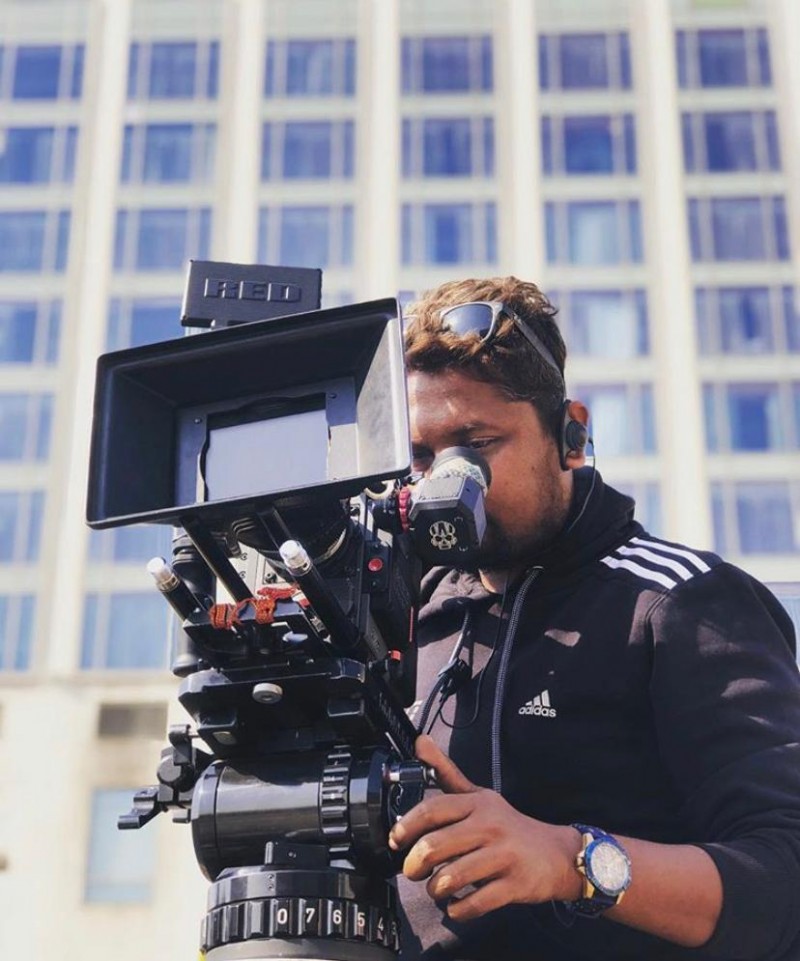Vaibhav says, I’m often asked, “What’s next?” People want to know how I fill my time now that I’ve simplified my life, gotten rid of most of my stuff, and opted out of the corporate grind. They also want to know how they will spend their time.
If you are wondering what your life might look like on the other side of a hurried, jam-packed schedule or worry that you won’t know what you’ll do with extra time and space, you are not alone. Continuously thinking about enhancements and improvements to your assigned job will increase the creativity in your work. Being creative comes with many ups and downs and a high risk of failure. You have to be vulnerable to share your art, and willing to take the risk that what you create may never see the light of the day. Engaging in the creative process is a great confidence builder, because you discover that failure is part of the process. Once we see failure as something that is survivable, and something that helps us grow and that it makes our work better, we can release the fear and try new things even at the risk of failing says Vaibhav Vyas.
Every day, as you are working hard, you must ask yourself whether yours is the best way to do the job. If not, take actions to improve and innovate. You shouldn’t just mindlessly repeat what you did yesterday; you must constantly ask “Is this the right way? Is it the best way?” You should continuously seek to improve your work — to make your work better today than yesterday and better tomorrow than today. Creativity is a skill to be learned, practiced, and developed, just like any other. Juggling takes practice, as does surfing, coding, and driving a car.
Creativity is no different. The more you make creativity part of your daily life, the more it will grow. Being creative helps you become a better problem solver in all areas of your life and work. Instead of coming from a linear, logical approach, your creative side can approach a situation from all angles. Creativity helps you see things differently and better deal with uncertainty.
Explain things to yourself.
What did Albert Einstein, John Coltrane and Georgia O’Keefe have in common? Knowledge. If you want to be creative, you’ve got to develop and expand your knowledge. Today, it’s easy to do a quick Google search for something you don’t know, but this ultimately takes away from actually learning and figuring out for yourself what something is or how something works. Because hey — if you forget, you can just Google it again.
Challenge the unknown.
“The place of creativity, to me, comes from the unknown. When you can leave room for the unknown to happen and you challenge what you know, that’s when most interesting things happen. It’s like a child playing-they learn the mechanics of a game only to destroy it and build anew. Rethink the space, challenge the unknown. Work with something you have not tried before.”
Albert Einstein took this a degree further, stating that “Genius is 1% talent and 99% percent hard work.”
Creativity is, in fact, a skill — not a gift — that can be learned and mastered at any age.
Vaibhav started his journey at a mere age of 16. With his interest in photography and videography, Vaibhav enrolled himself for tough training and became a video analyst BCCI. “I got to explore a lot of places for many domestic and international cricket series”, said Vyas. He is an avid rider and a wanderlust.


